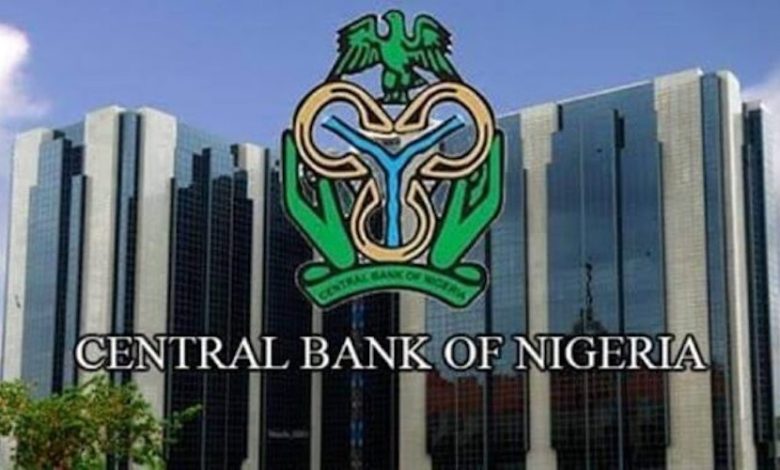CBN warns against fake SWIFT messages, vows to report fraudsters to law enforcement

The Central Bank of Nigeria (CBN) has issued a strong warning to the public about fraudulent individuals and organizations using fake SWIFT messages to claim that foreign currency transfers have been sent to them but are being held by Nigerian banks or the CBN.
In a statement released on Tuesday evening, the CBN cautioned that anyone making such false claims could face investigation and prosecution by law enforcement agencies. The warning comes as the bank has received numerous reports from various groups, including law firms and even government agencies, regarding these misleading claims.
A SWIFT message is a secure, encrypted form of communication used internationally to transfer funds between banks. However, the CBN clarified that the fraudulent claims often include fake SWIFT documents, such as SWIFT MT103 and SWIFT acknowledgment copies, which are not traceable on the SWIFT network.
“These claimants often present these documents as proof that funds were sent from abroad but have not been credited to their accounts in Nigeria,” explained CBN spokesperson Mrs. Hakama Sidi Ali. “However, these SWIFT messages are not legitimate, and the funds have not been received by the beneficiary banks in Nigeria.”
The CBN further stated that in cases where a recipient bank in Nigeria claims not to have received international funds, the correct procedure is for the sender to contact their bank abroad to trace the transaction. “The standard practice is to send a tracer through the sending bank to track the funds,” the statement read.
The CBN also made it clear that it does not provide correspondent banking services for Nigerian banks, nor does it hold accounts for private businesses. As such, claims that funds are trapped in the CBN are false and misleading.
The central bank emphasized that the public should be cautious when dealing with any suspicious SWIFT messages or documents and advised that any unsubstantiated claims will be reported to law enforcement for further investigation.
“Please be guided accordingly,” the CBN concluded, urging the public to avoid falling victim to fraudulent schemes.





